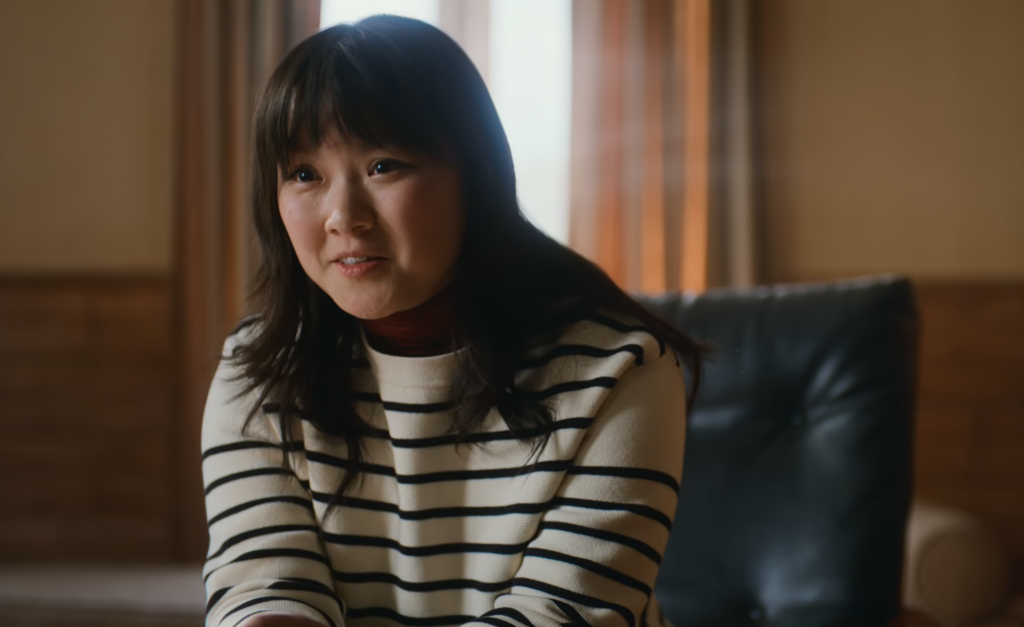The popular culture space has been lacking asexual characters for the longest time. Whenever we do get to see an explicitly ace character in TV or movies, they are destined to be discussed since we have so few.
In the fourth and last season of Sex Education, a new character named ‘O‘ was introduced.

For those who don’t know, Sex Education is a Netflix series about a high school student, Otis, who, just like his mom, is a sex therapist. The show has been praised for its representation of many diverse characters, and in the fourth season, an asexual character was added. ‘O’ is, just like Otis, a high school student and sex therapist. Differently from Otis, she is a woman and a person of color who also turns out to be asexual.
Obviously, it is wonderful to see an explicitly ace character on TV, and moreover one that isn’t the usual white, cisgender male that we usually see with asexual representation.
O is a complex character, but sadly her arc in the fourth and last season of Sex Education is one that leaves much to be desired. It is obvious that O has so much potential as a character. The entire premise of an asexual sex therapist is extremely interesting. On top of that, the fact that she was bullied for her race and her accent and later being in non-heteronormative relationships, all make an extremely multifaceted and complicated character that needed way more time to be developed properly in the show.
While her past romantic relationships are briefly brought up in the infamous ‘debate scene’ in episode 5, it would be incredibly insightful to see O going through that period of her life and the struggle that came with it.
The writer of the character, asexual activist Yasmin Benoit, mentioned on social media that a lot of O’s backstory ended up being cut in the final edit. This is supposedly the reason why her character ended up coming off as antagonistic instead of flawed and complex.
Ultimately, I am happy that O is a character that exists. She definitely isn’t perfect, but who said she had to be? Asexual characters should be represented in media in all sorts of ways, just as heterosexual people have been for many decades. It obviously isn’t great to only have villainous or antagonistic ace characters, as this may reinforce negative sentiments and stereotypes. But O is simply a teenager, trying to navigate her sexuality as any teenager does, in a messy and complicated fashion.
Yes, O could’ve been a better character. Not in the moral sense, her story arc had more potential than what we ultimately ended up seeing from her.
But as long as we keep seeing more asexual characters in TV and films, the pressure of representing an entire diverse group of people full of individuals with their own unique experiences wouldn’t fall on the shoulders of very few characters and the writers behind them.

